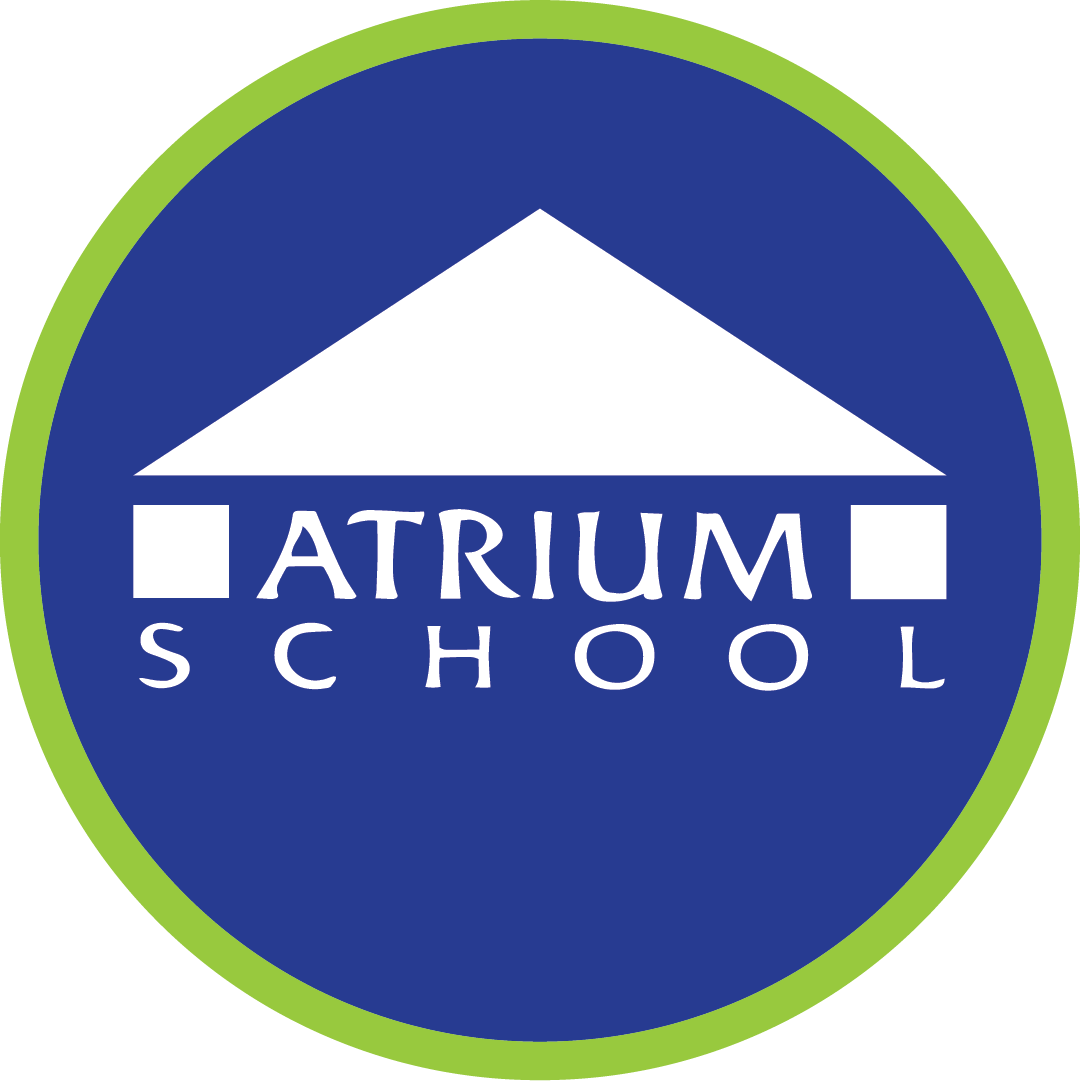Progressive Education at Atrium
Atrium’s structure and approach are rooted in the traditions of progressive education. We value the fundamental principles of supporting children as active learners and the school experience as preparation for citizenship within a democracy.
Active learning involves rigorous discussion and reflection, careful inquiry, and observation. John Dewey, a preeminent educator and major voice for progressive education, believed that it is essential for education to engage with and enlarge experience. We do, too. This means that a child constructs an understanding of the larger world through cumulative, powerful, and meaningful experiences. For example, a student may read a book about snails and learn some really interesting facts. But if a child can hold a snail in their hands and watch a snail eat, then they have deepened their learning. If they have the opportunity and time to investigate the bone structures of a human skeleton and compare them to the structure of a snail’s shell, then the child has made meaningful connections. If they are taught to record information with observational drawings in a journal and present their findings in a class museum, then they have developed skills. Students given this sort of dynamic learning environment acquire a competency and understanding far greater than the memorization of rote facts. This is the progressive education approach at Atrium.
We structure this kind of active, inquiry-based, experiential learning into year-long themes. Thematic study focuses aspects of children’s education across disciplines into a central idea. Themes provide a framework in which skills and facts are connected in broad, meaningful, organized ways. Our themes are developed to have universality, to be about things worth knowing, and to be developmentally meaningful at each grade level from elementary to middle school. Student interest helps determine the direction and shape of study in any unit, and teachers use student self-reflection, input and feedback to inform instruction. Observing snails is part of the first grade theme “What is Adaptation?” In this unit, students study marine life, the past and present uses of Boston Harbor, and how various aspects of animal life and human use have adapted and changed over time. They look closely at habitats and the components of stewardship. Rigorous skills are taught within the context of the theme and broader learning goals: students are questioning, observing, classifying, calculating, and documenting. Students do not “practice to become”–they are writers, historians, mathematicians, and scientists, applying their skills to the research and execution of culminating projects. The skills that they acquire and apply are memorable, meaningful, and have purpose.
"The self is not something ready-made, but something in continuous
formation through choice of action."- John Dewey
Another primary tenet of progressive education we support is the role of school as preparation for citizenship within a democracy. What this means at Atrium is that school is not only a place where children acquire the skills to become good learners, but also good people. Citizenship within a democracy requires engagement, broad understanding, perspective-taking, self-reflection, and the ability to work with others. In our classrooms, students play an active part in creating classroom rules and governance, and are guided in developing a sense of community, respect, and responsibility to others.
We know that it is through the accumulation of daily experiences that a child’s view of the larger world and their sense of identity within it is formed. As the community in which children are developing these sensibilities, we take seriously our responsibility of providing context and guidance for children’s growth. We view diversity and understanding differences as fundamental to this process at our independent school. Whether in interactions with adults, other children, or messages or images in the media, we respond to situations that involve bias and prejudice in developmentally meaningful ways, and model appropriate questioning, affirmation, and advocacy.
We believe that these principles, rooted in progressive education, provide a strong foundation for children’s learning and the development of critical thinking. Sending a child to Atrium means choosing an innovative, progressive school designed to engage students and prepare them to be competent, confident learners who are active participants in their education and community.



